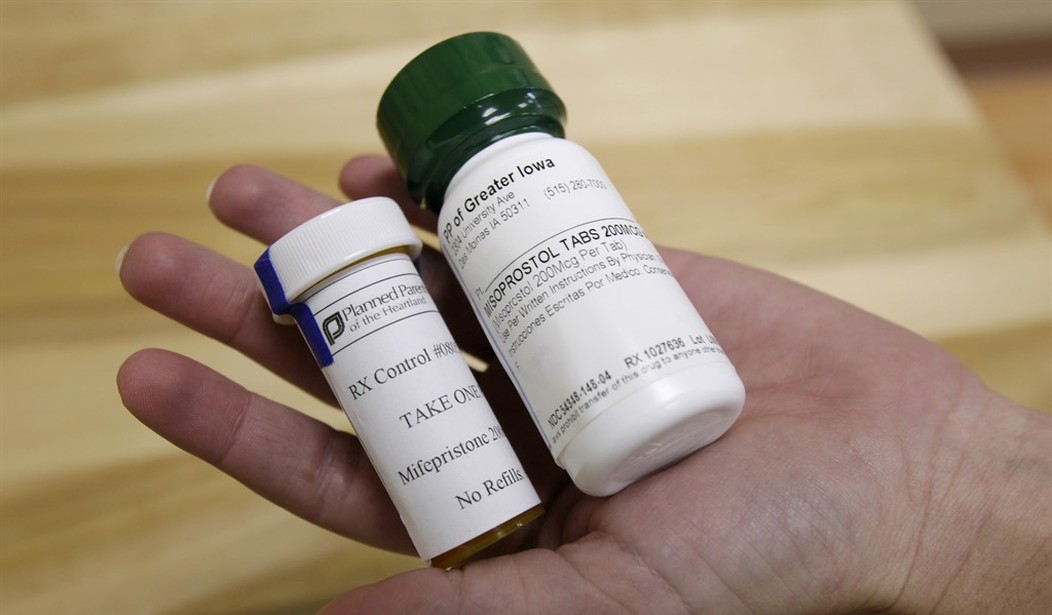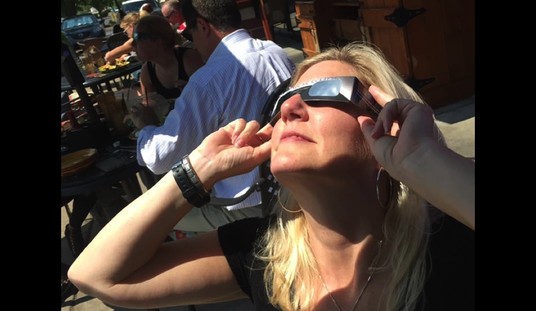On Thursday, the Louisiana state Legislature voted for the final passage of a first-of-its-kind bill to reclassify two abortion drugs as "controlled and dangerous substances." The bill now goes to the desk of the state's Republican Governor, Jeff Landry, who is expected to sign it into law:
Supporters of the reclassification of mifepristone and misoprostol, commonly known as “abortion pills,” say it would protect expectant mothers from coerced abortions. Numerous doctors, meanwhile, have said it will make it harder for them to prescribe the medicines that they use for other important reproductive health care needs, and could delay treatment.
Passage of the bill comes as both abortion rights advocates and abortion opponents await a final decision from the U.S. Supreme Court on an effort to restrict access to mifepristone. The justices did not appear ready to limit access to the drug on the day they heard arguments.
The GOP-dominated Legislature’s push to reclassify mifepristone and misoprostol could possibly open the door for other Republican states with abortion bans that are seeking tighter restrictions on the drugs. Louisiana currently has a near-total abortion ban in place, applying both to surgical and medical abortions.
Some physicians in the state are concerned that the law will make it more difficult for them to prescribe the drug for other purposes:
More than 200 doctors in the state signed a letter to lawmakers warning that it could produce a “barrier to physicians’ ease of prescribing appropriate treatment” and cause unnecessary fear and confusion among both patients and doctors. The physicians warn that any delay to obtaining the drugs could lead to worsening outcomes in a state that has one of the highest maternal mortality rates in the country.
The two drugs, mifepristone, and misoprostol, are used for purposes other than inducing abortions. Mifepristone, also known as RU-486, is also used to treat Cushing's Syndrome and to serve as an "emergency" contraceptive. Misoprostol is used to prevent ulcers, to induce labor, and to help with postpartum bleeding.
See Related: TikTok Removes Content on Birth Control Risks After Media Pressure Campaign
His Running Mate Makes RFK Jr.'s Position Clear: Abortion Is a Woman's Choice
Louisiana is one of the more restrictive states where abortion is concerned:
Louisiana has a near-total abortion ban in place, which applies both to medical and surgical abortions. The only exceptions to the ban are if there is substantial risk of death or impairment to the mother if she continues the pregnancy or in the case of “medically futile” pregnancies, when the fetus has a fatal abnormality.
Neither of the drugs are listed as controlled substances by the federal government. That classification at the federal level has generally been used for opioids and other drugs that carry a significant risk of addiction.
In March, the U.S. Supreme Court heard arguments for and against the FDA's easing of restrictions on mifepristone, including dropping the requirement for in-person physician visits before the drug was prescribed. While the Court has not yet ruled on that issue, the Supreme Court seemed, to some, to be leaning towards deciding against overturning the FDA's ruling on the drug at the federal level.
Related: Biden, Democrats Rejoice Over Supreme Court Stay on Abortion Pill Case as Alito, Thomas Dissent
BREAKING: SCOTUS Blocks Texas Ruling on Mifepristone Abortion Pill














Join the conversation as a VIP Member